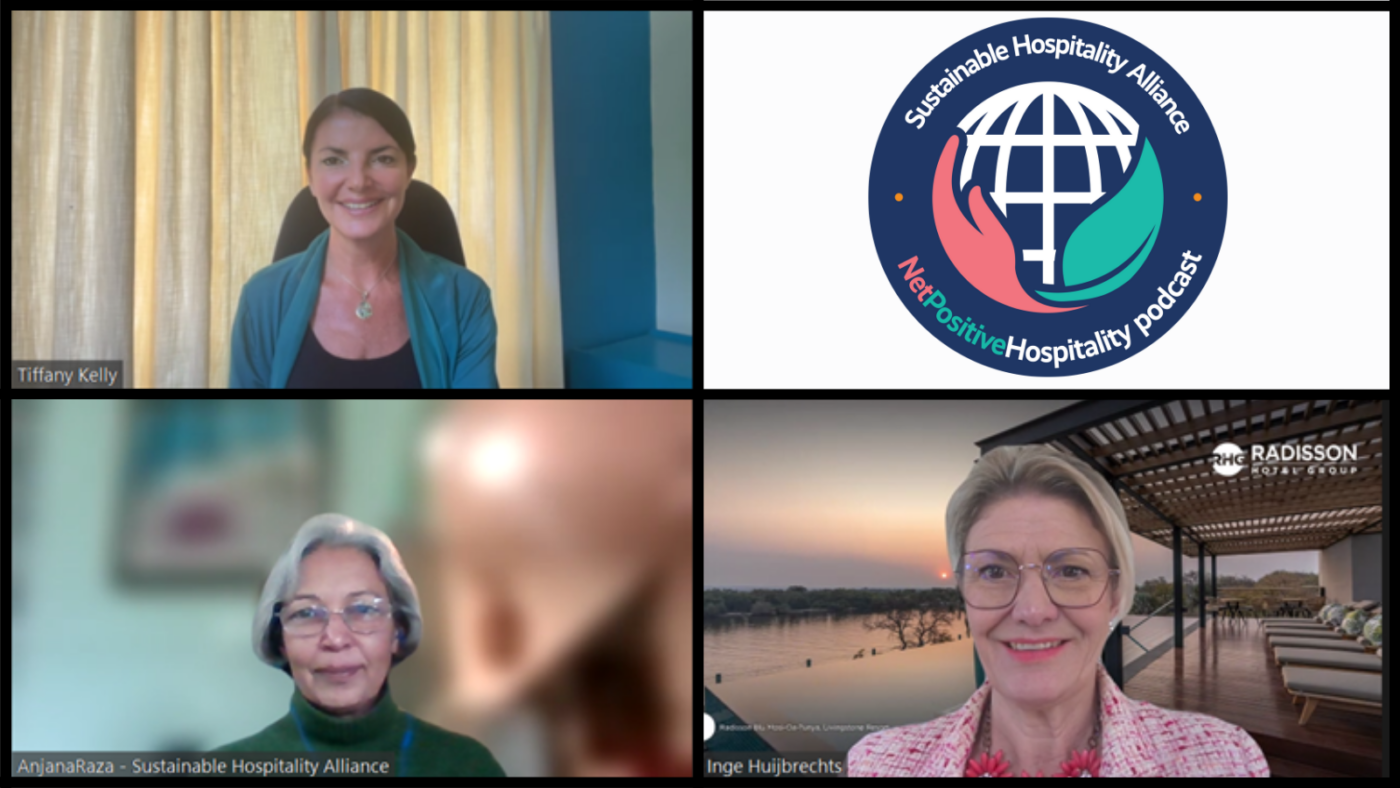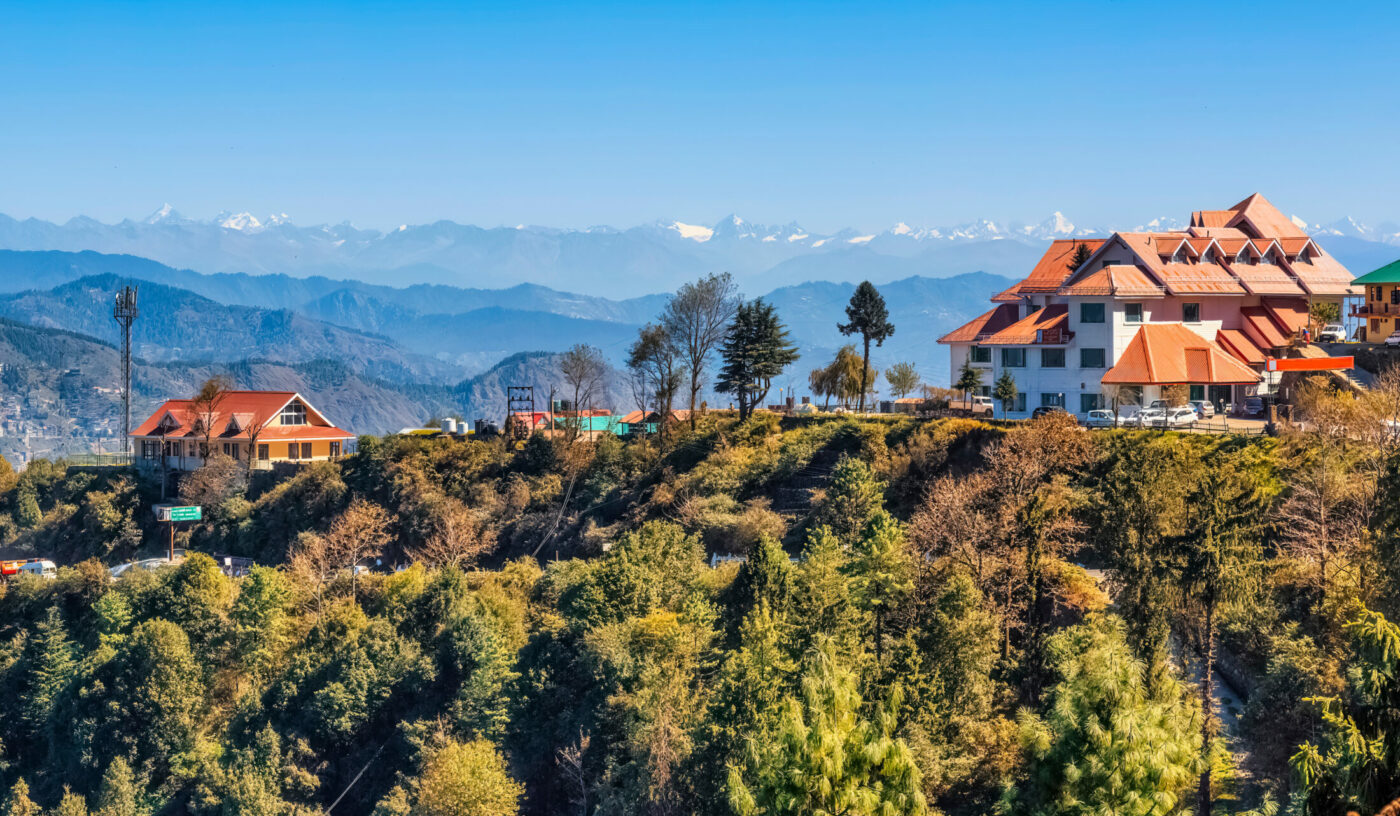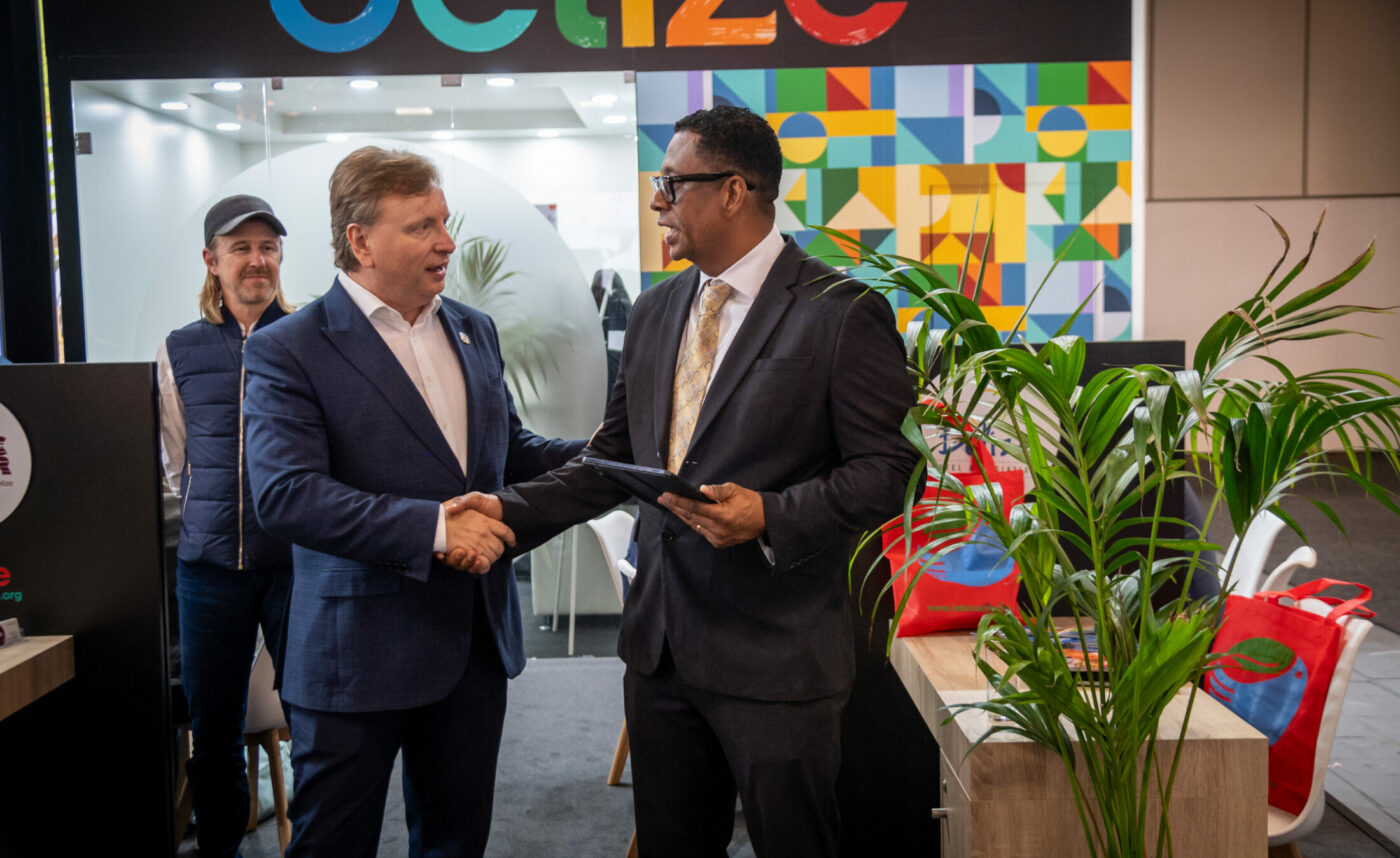Over the past few years, there has been an ever-deepening understanding of how the health of our planet and the biodiversity around us impacts the health and success of humanity. From providing us with the resources we need to feed, clothe and house ourselves, to offering natural ways to mitigate the impacts of climate change, we are reliant on the natural world.
As an industry, hospitality also relies heavily on the natural world around us; for materials to build our properties, food and beverages to serve to our guests and a local environment to entice people to visit.
However, humanity has not historically taken the care we should have to ensure we look after the species we depend on. One million animal and plant species are now threatened with extinction.1
How can hotels help?
WWF shared that the top threats to biodiversity are:2
- pollution
- overexploitation
- land use change
- climate change
- invasive non-native species and diseases
One way hotels can manage their impacts on biodiversity is to make their procurement practices more responsible by considering the life-cycle impacts of products (e.g. from creation to disposal). This includes focusing on issues such as the longevity, circularity and resource efficiency of items.
Products used in the building (e.g. timber for structure and furniture) and operations (e.g. plastic items and food products) of a hotel can have detrimental impacts on wildlife which hotels should look to address. For example:
- Reducing single-use plastics in operations can lessen impacts of plastics on marine life
- Purchasing sustainably certified products (such as FSC timer and paper, RSPO palm oil and MSC seafood) can help stop overexploitation of natural habitats
- Purchasing energy efficient equipment could support global efforts to mitigate the impact climate change could have on biodiversity
Single-use plastics
Much of the plastic waste around the world ends up in the oceans and it’s estimated that there could be more plastic in the ocean than fish by 2050.3 Hotels have traditionally used many single-use plastic items in their operations but there has been a lot of effort over the last few years to review and reduce this, with many hotel chains collaborating with suppliers to remove single-use plastics from their operations.
For example, Indian hotel chain, ITC, built a cross functional taskforce to carry out a detailed assessment of where single-use plastic was being used and potential options for eliminating it or substituting them with alternatives. They have educated and worked with suppliers to look for alternatives and created a plastic-free roadmap for the coming years.
Seafood
Seafood has been a particular area of focus for the industry in recent years because of the concerns about overexploitation of natural stocks. Many organisations focusing on how they could ensure responsible sourcing, for example through the purchase of MSC certified seafood. In 2019, Marriott International made its Responsible Seafood Statement public to communicate its continued commitment to improving seafood procurement practices. As of year-end 2019, 99% of its hotels globally comply with its responsible seafood program requirement to ban the purchasing of specific species including bluefin tuna, Chilean sea bass, marine mammals, orange roughy, sea turtles, and sharks (inclusive of shark fin).
Benefits to business as well as the planet
The principle of reviewing the impacts of purchasing decisions and operations on the natural world is one that can be applied in any size hotel anywhere in the world and it can bring additional benefits such as:
- cost savings
- reputation management
- improved access to capital
- tax breaks
- increased employee engagement
A healthy global ecosystem is imperative to the long-term success of the industry. No matter where a hotel is located, whether in the countryside, a city or on an island, there are actions that every hotel can take to reduce negative impacts on biodiversity and even help regenerate it.
Find out more
See our factsheet on responsible procurement for more information and guidance on how your hotel can purchase more responsibly.




